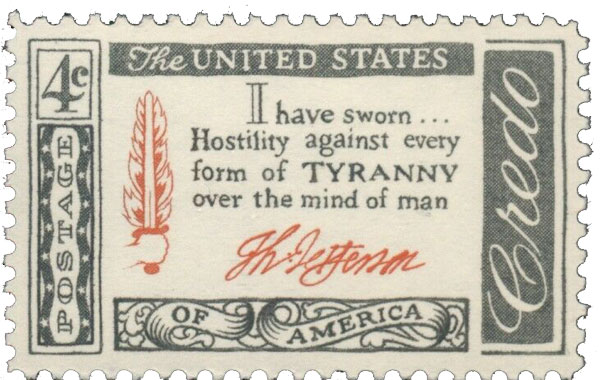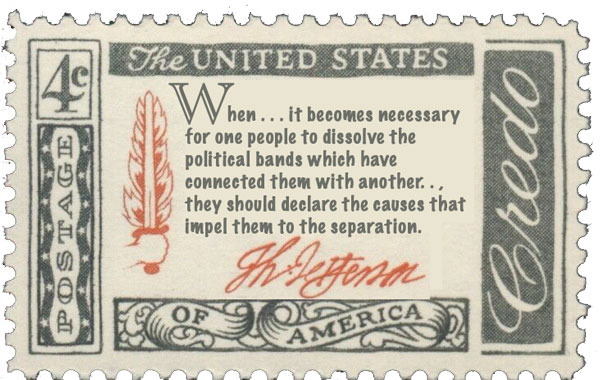New Credo stamps: Jefferson
New Credo stamps: Jefferson
I collected postage stamps through most of my childhood. They connected me to historical characters and events in an artistic context. Postage stamps also adorned business documents, government documents, playing cards, and tobacco products. They have the collective name "documentary" or "revenue" stamps. They act as receipts for taxes paid on the registration of documents, or sinful things like alcohol, tobacco, and hunting licenses. A boy can learn a lot about the functions of the adult society from stamps, and their variety and utility will amaze. Some of the stamps illustrated below will cost thousands of dollars, if you try to buy them now. The variety, design, and importance of stamps did a lot to mature my little mind.
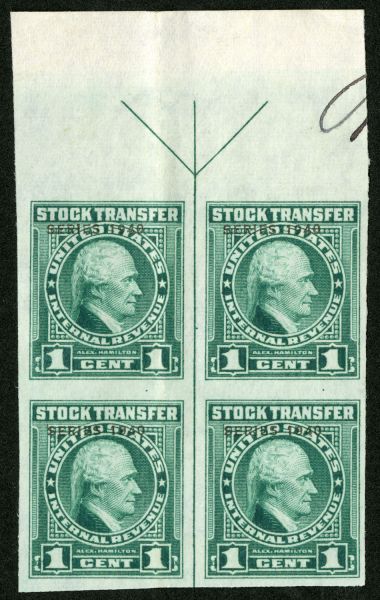
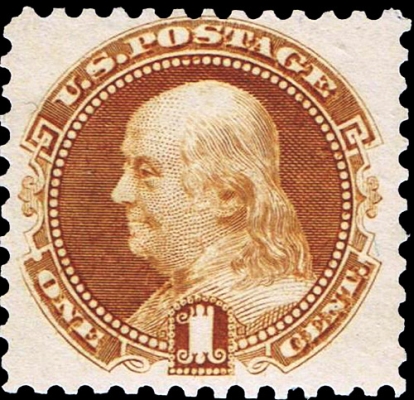
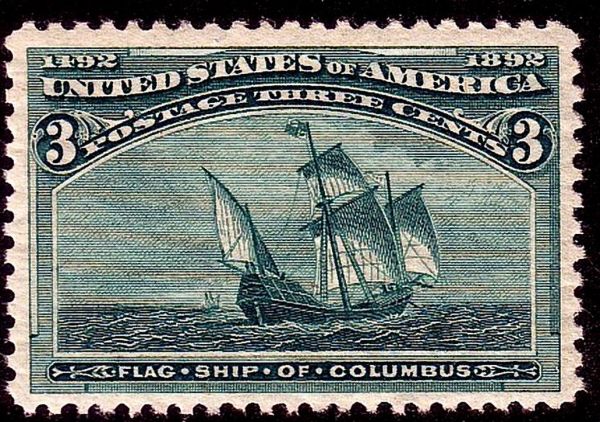
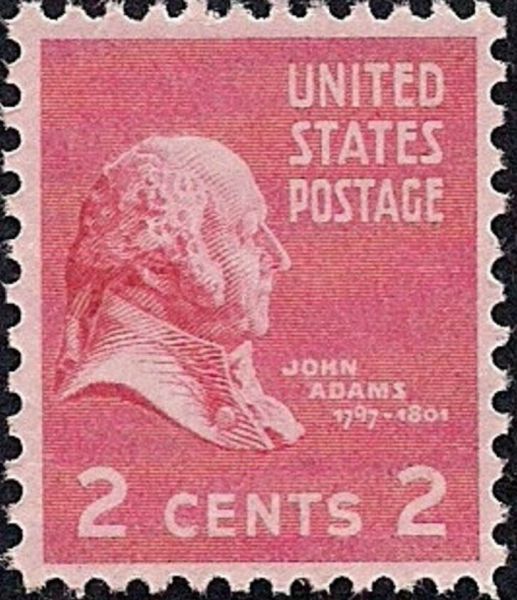
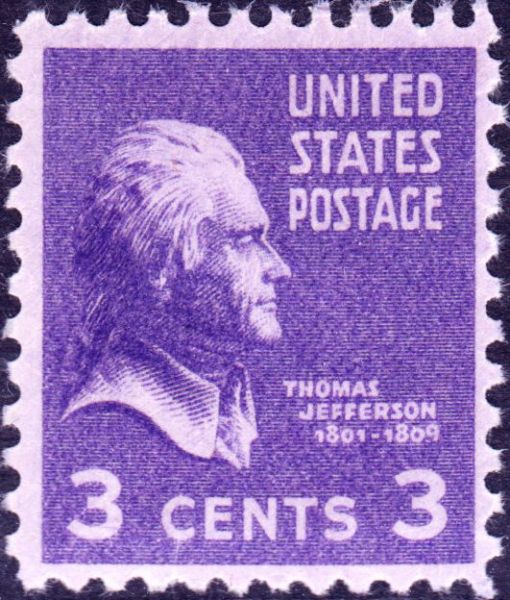
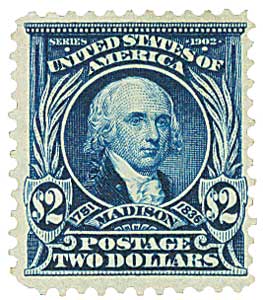
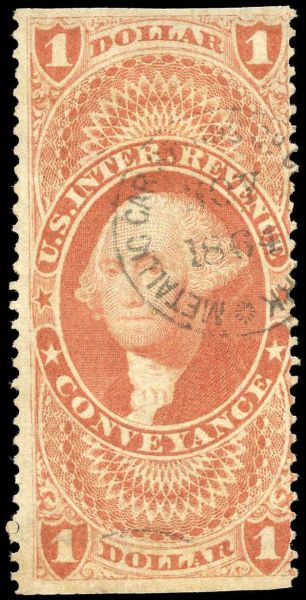
The Post Office Department, now called the "United States Postal Service," or USPS, also issues dozens of commemorative stamps and seasonal stamps, like Christmas and Labor Day. Often, the commemoratives remind Americans of important historical events. In 1960, for instance it issued the "Credo" stamps to commemorate the Founding Fathers of our country. "Credo" is a Latin word that means, "I believe."
Unfortunately, the quotes used on the Credo stamps lack gravitas and personality. Jefferson's Credo sounds too generic. It suggests nothing about this man's complex earthly life. Perhaps the print is so small, no one can actually read the Credo, so no one cares about the blandness of it. The design and color of the Credo stamps, on the other hand, are works of art.
With the right credo, Americans can recall and bring to life the character and value system of Thomas Jefferson, to remind Americans of their historical orientation and values, I will redraft his and the other five Credos. Their words will spur us to action, just as earlier philosophers like John Locke and Isaac Newton spurred the Founders to action.
The words of Jefferson's Declaration of Independence resonate in my heart every day of the week. His words portend the arrival of a new nation onto the world-scene. Its people will "assume among the powers of the earth, the separate and equal station to which the Laws of Nature and Nature's God entitle them." Jefferson concludes that "these United Colonies" will become "free and independent states; that they are absolved from their allegiance to the British Crown."
Most Americans today complain about the lack of unity, as much as the colonists did about the lack of political representation. Americans also complain about the lack of a national will to sustain any important effort. They need to understand that our nation, the land-mass we recognize as our own, has reached a crossroads, and that we need to change the ground-rules. We need to divide the country to resolve its disunity. We formalize the division. We divide the nation in order to save it from civil war. We have the same problem that the American colonists had, namely that someone wants to push the nation in a direction we don't want it to go.
You can't get people to talk reasonably about the enduring problems of disunity, the inability of the nation to sustain a national will, or deal coherently with its important problems, because to do so leads them inevitably toward dissolving the Union. Republican or Democrat, they simply don't want to "go there." Most Americans believe that the action of the Founding Fathers was a once and only kind of occurence. Declaring independence from Great Britain and the creation of a new nation. That was then. This is now. We can't move backwards. No, but we can use the past to benefit us in the present. We actually have to return to our revolutionary roots to move forward. The Founders' own words will give us orientation.
Americans, Republican and Democrat, complain about the opposing party obstructing progress. They fuss about bias in the media, how their opponents disable the nation's unity. They rant about it blindly, with only bogus support from their party leaders, who mostly will do anything to keep their jobs. The leaders complain about all this petty infighting--It has to stop, but they offer no real sense of direction.
Hell, the leaders worked hard to get where they are. They don't want to kiss away their jobs, so they tell us nothing. We have to grit our teeth, steel our nerves, and hope for the best. What will change their minds? Shooting people and burning homes, looting and killing? It will be too late then. Our goose will be cooked.
Political reality has moved far outside the American group-think bubble. It ruptured long ago, and no one paid it any attention. We don't have unity, national will, or political coherence. We maintain the illusion of a status quo with lazy clichés: "We'll get through this together;" and uphold the virtue of tolerance and diversity. All it means is that we have to knuckle under, when the threats and the shouting grow too loud.
I think the Declaration of Independence has as much validity for modern America as it had for Jefferson and the other Founding Fathers. We need to bring it to life again, revisit its convictions and purposes. The end result will be the same—adding a new nation to the world-scene, and returning the new nations to government by a united people.

